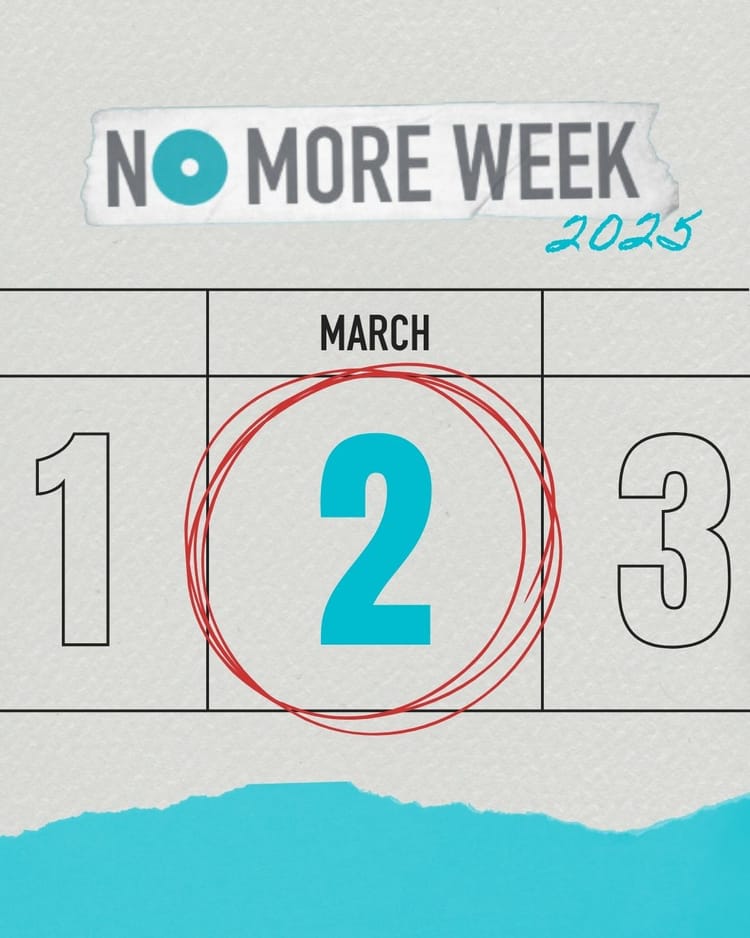Listening From Home

The world is joined in fear of COVID-19 – with loved ones at risk of illness, and life and free movement increasingly restricted. Social isolation, portrayed as one of the best ways to stop this invisible predator, is a scary prospect, but one which is crucial.
This is unlike any other time, and I admit it, I am afraid. But my fear cannot be compared to that of people who live in abusive homes. In my 17 years working with domestic violence victims, never have I felt so terrified for those who could now face increased intensity and frequency of abuse.
If you know or suspect that somebody suffers from domestic violence, please contact them, and keep that vital line of support open. This is one disease where washing our hands amounts to indifference.
Domestic violence is all about power and control, and in an isolated environment, control is more easily exerted by abusers, with fewer and fewer avenues for accountability for their actions. Worldwide reports from other professionals in the field verify my fears. In Israel, women’s shelters are running out of room, with one worker describing a ‘tsunami that’s going to happen’(1). In Australia, workers are trying to prepare for the predicted ‘soaring numbers of women and children in crisis’(2) and in Ireland, the situation is being compared to ‘a ticking time bomb’(3). The French Secretary of State has warned that the quarantine could ‘create a fertile ground for domestic violence’(4) and the US National Domestic Violence Hotline warns that abusive partners might use tactics such as giving misinformation about the virus, or preventing victims from seeking medical attention if they need it(5).
As Anita Bhatia, Deputy Executive Director of UN Women, summarizes, ‘the very technique we are using to protect people from the virus can perversely impact victims of domestic violence’. Like women who normally spend their days at work, now trapped at home with their abuser, and those who rely on visits from external family, or picking up the kids from school as a respite from the abuse. Everywhere is now out of bounds, separating victims from key routes of support when they will need them most.
Many children will also suffer—maybe witnessing the abuse for the first time and having nowhere to escape. We all know the devastating effects that this can have on both their current mental health and their growth into adults.
If you know or suspect that somebody suffers from domestic violence, please contact them, and keep that vital line of support open. This is one disease where washing our hands amounts to indifference. We cannot ignore the neighbor who is shouting or the sister who is crying on the phone.
NO MORE is encouraging everyone to listen for abuse and, if necessary, call the National Domestic Violence Hotline if you want advice, and call the police if you hear somebody getting hurt, or if you think their life is at risk. Please, share this message with all your friends and contacts—so that the abusers know we are watching and their actions will not go unnoticed.
We also appeal to Governments: listen to your front-line services, and respond effectively to their needs. COVID-19 can be deadly. So can Domestic Violence. Together we can get through both. #changehappenshere
-Pamela Zaballa
Global Executive Director, NO MORE
Download the #Listeningfromhome Assets
Together We Can End Domestic and Sexual Violence






